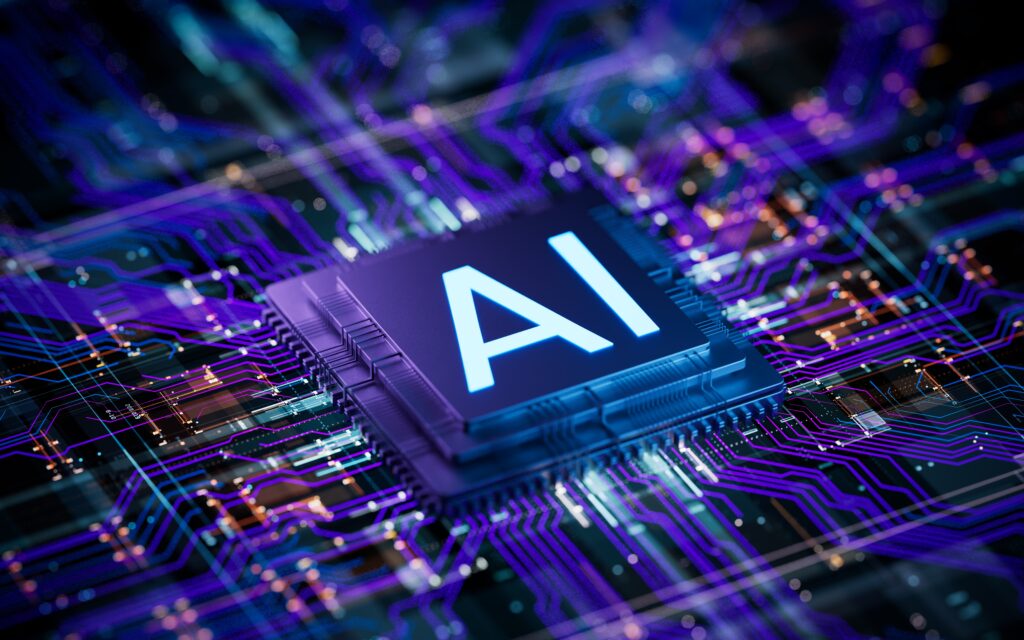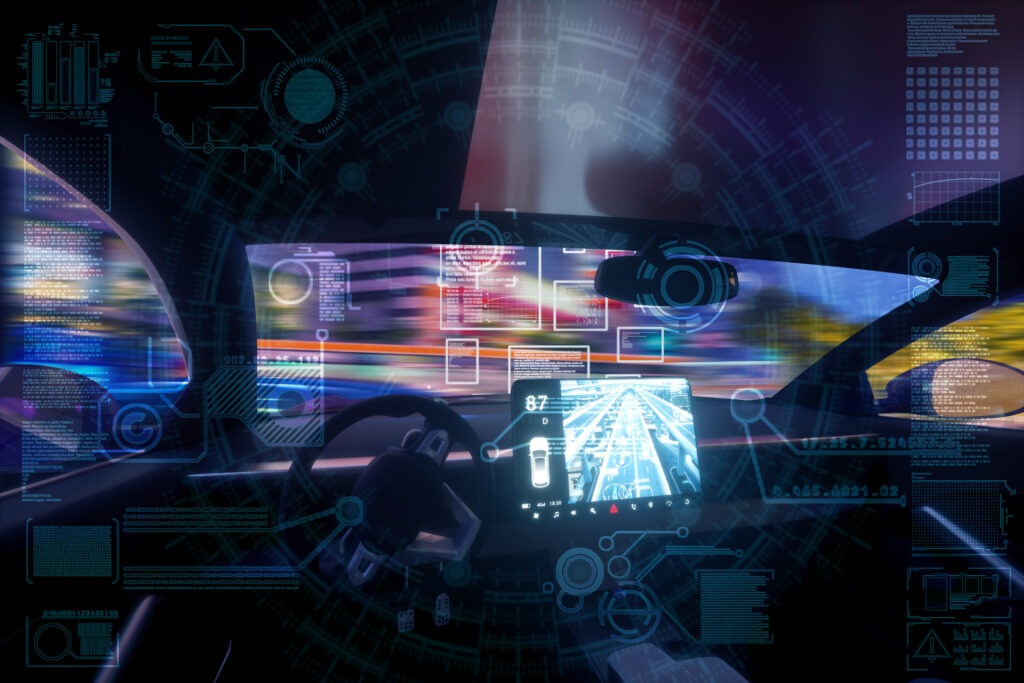Is AI just another trend for the automotive sector?
26 January 2024

Artificial intelligence (AI) is taking the world by storm and the automotive sector is no exception. Autovista24 editor Tom Geggus, and special content editor Phil Curry, consider what AI means for the industry.
From medical breakthroughs and human-like interactions to deepfakes and doomsday scenarios, AI is driving debates on every front. The technology’s potential reach within the automotive sector appears just as widespread.
In-car assistants, navigation, production, logistics, and even advertising are just a few examples of areas already undergoing AI enhancement. The promise of rapid advancement with continued integration seems tantalising, but could this be just another momentary trend for the automotive industry?
Subscribe to the Autovista24 podcast and listen to previous episodes on Apple, Spotify, Google and Amazon Music.
Show notes
CES 2024: The automotive AI journey has just begun
What does artificial intelligence mean for automotive retail?
CES 2024: How concept cars unveiled new EV strategies
CES 2024: Automotive software steals the limelight
AI on display
CES 2024 saw several carmakers reveal AI-integrated technology. Working with Amazon and the Alexa large-language model, BMW has developed a more human-like voice assistant. The carmaker demonstrated how its assistant could provide instructions, give answers and control some functions.
Sony Honda Mobility (SHM) confirmed its partnership with Microsoft to use the software giant’s Azure OpenAI platform in the development of a conversational personal assistant. SHM also indicated it is developing AI for advanced driver-assistance systems. Here, algorithms are used to predict possible scenarios based on hazards around the vehicle and react accordingly.
Volkswagen (VW) unveiled IDA, its ChatGPT integrated voice assistant. The technology is capable of providing more detailed and intuitive responses to user queries and needs. For example, instead of asking for the heating to be turned up to a certain level, occupants can let IDA know they are feeling cold and the cabin temperature will be increased.
Mercedes-Benz confirmed its MBUX virtual assistant had undergone further development. Supported by generative AI and proactive intelligence, the system can now provide a more customised experience by picking up on repeated behaviours and preferences.
Proactive services
AI applications reach further than just personal voice assistants. Speaking at CES 2024, Constantin Gall, managing partner at EY, explained that artificial intelligence can enable proactive services affecting care, journey and mobility.
Proactive journey could support more intelligent route planning, ensuring better time management and planning around traffic. Proactive mobility stands to link autonomous driving systems and AI-powered infotainment together.
Lastly, proactive care could take the pressure out of maintenance. Using the mass of data collected by in-car sensors, AI could track the remaining longevity of a part, recommend potential service stations and even book a repair slot after gaining driver confirmation.
Ongoing advance
Away from CES 2024, Stellantis recently announced its acquisition of CloudMade’s AI technologies. The asset deal will see the carmaker gain access to the company’s AI framework, machine learning models, intellectual property rights and patents.
‘The acquisition of CloudMade’s pioneering AI capabilities will accelerate our development journey on STLA SmartCockpit and help us deliver our Dare Forward 2030 goals,’ said Yves Bonnefont, Stellantis chief software officer.
‘Thanks to this adaptable technology and leveraging our growing connected car parc, we will create intelligent mobility solutions faster and with more flexibility, to delight our customers with in-vehicle and mobile experience personalisation,’ Bonnefont added.
Elsewhere, Google confirmed that AI will allow Android Auto to summarise long text messages or busy group chats on the road. The technology giant also confirmed the system can suggest relevant replies and actions, without the driver needing to touch their phone.
AI everywhere
Artificial intelligence will not be confined to the car, however. BMW confirmed it is using AI to construct vehicles more quickly, reliably, and efficiently, using Car2X technology and its AIQX platform.
The carmaker has turned these intelligent models into production monitors. Car2X allows vehicles to communicate any errors along the line, including missing items. On other parts of the production line, AIQX ensures product quality, inspecting both visual and acoustic elements.
Dealerships can also benefit from AI. For example, Phyron can generate video advertising of used-car inventories for websites and social media platforms. However, while chatbots have been assisting car buyers for some time, the likelihood of AI taking charge of sales seems slim. Human interaction looks to remain a crucial component of any big purchasing decision.



